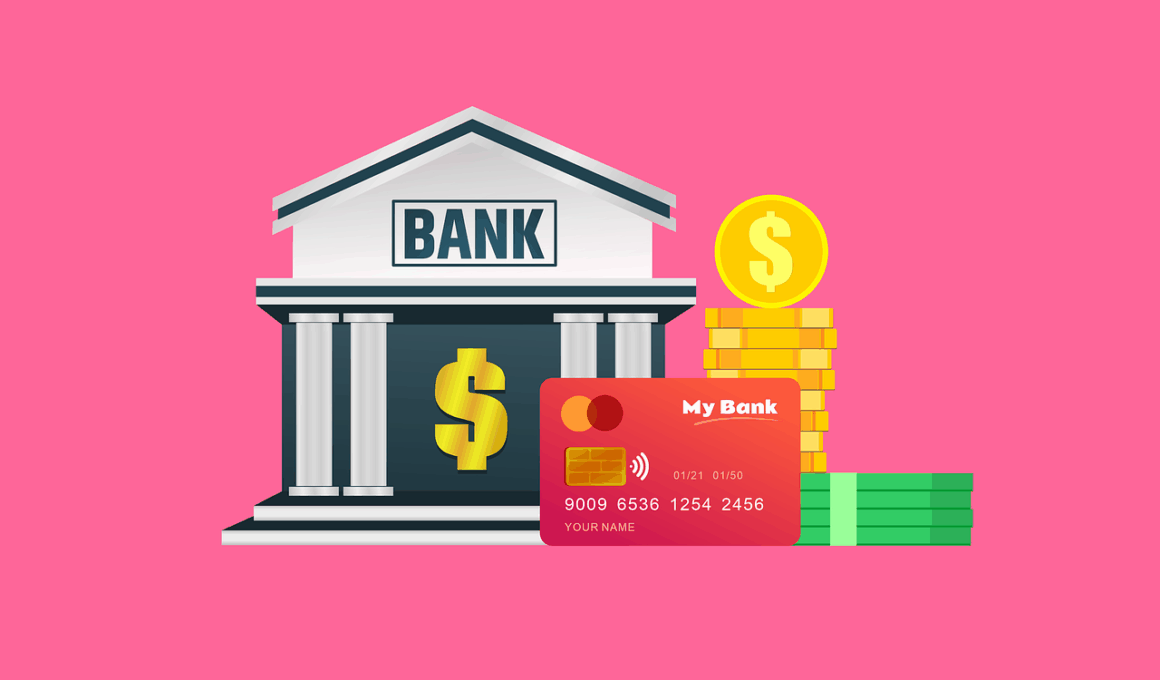Integrating Payment Gateways with Debt Collection Software
Integrating payment gateways with debt collection software is a crucial element in today’s economy. It streamlines the process of collecting outstanding debts and facilitates seamless transactions between collectors and clients. The right payment gateway can simplify finances for businesses, offering ease of use and compliance with regulations. By implementing effective integration, organizations can improve their cash flow and overall financial health immensely. This integration not only enhances efficiency but also offers clients multiple payment options, leading to higher recovery rates. A diverse array of payment methods ensures that debtors can easily complete transactions and settle their dues swiftly. Security features of robust gateways protect sensitive data, maintaining clients’ trust. Another aspect is the automation that these integrations enable, minimizing manual errors and optimizing reconciliation processes. Ultimately, when debt collection software integrates with payment solutions, it leads to reduced operational costs and better resource management. Companies often seek customizable solutions that fit their specific needs, ensuring a tailored experience for their customers. Therefore, selecting the right payment gateway can significantly impact the performance of debt collection endeavors, positively affecting the bottom line.
Several factors come into play when choosing a suitable payment gateway for debt collection software. The first consideration should be the transaction fees associated with each gateway. Lower fees mean higher profitability for a business. Next, the supported payment methods should be examined; a wide range allows clients to pay conveniently through options like credit cards, digital wallets, or bank transfers. Another critical aspect is the ease of integration; a user-friendly API can save significant development time and help avoid technical headaches. Furthermore, the successful reconciliation of payments is vital, as it affects accounting processes and reporting accuracy. In addition to that, ensuring compliance with industry regulations will safeguard against possible legal issues. Offering a seamless user experience is paramount; clients should find it easy to make payments without navigating complex steps. Security also plays a significant role; robust encryption methods are necessary to protect sensitive information during transactions. Each factor contributes to the overall effectiveness of debt recovery efforts; neglecting any could lead to significant setbacks. By thoroughly analyzing these points, businesses can make informed decisions regarding payment gateway integrations.
Utilizing advanced reporting features in debt collection software equipped with payment gateways is essential for optimizing performance. Robust reporting provides insights into payment trends, allowing businesses to analyze which methods clients prefer. Evaluating this data can help inform strategies for future collections. By understanding these patterns, companies can adjust their approaches to better suit their customers’ needs. For instance, if most clients favor online payments, businesses can prioritize improving these processes. This proactive approach enables quicker resolutions and maximizes overall recoveries. Furthermore, comprehensive reporting facilitates tracking payment statuses, minimizing discrepancies between respective records. Improved transparency helps maintain strong relationships between collection agencies and clients while reducing misunderstandings. Additionally, some systems might offer real-time updates regarding payment confirmations; this feature aids quicker handling and improves cash flow. When exercised correctly, these features contribute positively to a company’s reputation in the market, reinforcing its commitment to transparent practices. By seeking debt collection software that leverages these reporting features, organizations position themselves for success. Investing in this area can yield significant returns over time, fostering ongoing relationships through debt resolution.
Security Measures for Payment Processing
Security is an utmost priority when integrating payment gateways with debt collection software. Given the sensitive nature of financial information, implementing the highest security standards is essential. Payment gateways must offer encryption protocols and compliance with recognized security standards to protect client data. For example, adhering to the Payment Card Industry Data Security Standard (PCI DSS) ensures a secure environment for handling transactions. Regular security audits and updates further strengthen the system against potential threats. It’s vital to choose a payment gateway that offers advanced fraud detection mechanisms, identifying suspicious activities before they result in losses. Additionally, multi-factor authentication adds another layer of protection, ensuring only authorized users access sensitive information. This reinforces trust between agencies and clients, as they can rest assured that their data is safe. Furthermore, teaching clients about secure payment practices enhances collective security efforts. Businesses should maintain transparency regarding their security measures, fostering an environment of trust while encouraging prompt payment. When clients are assured of their data integrity, they are more likely to engage in timely payments, benefiting the businesses involved in the debt recovery process.
Streamlining the user experience when integrating payment gateways into debt collection reduces friction during transactions. A well-designed interface is crucial; clients should effortlessly navigate through payment options without confusion. Clear instructions and assistance can help achieve this goal, ensuring that users have a positive interaction. Additionally, incorporating mobile-optimized designs allows clients to complete payments on the go, catering to an increasingly mobile population. User feedback should be actively sought and considered to continually refine the experience. Incorporating client feedback into the process ensures that evolving preferences and technological advancements shape the interface. Furthermore, offering various payment options accommodates differing client preferences, increasing the likelihood of timely payments. Transparency about fees and timelines can also build credibility, as clients appreciate knowing what to expect. If the experience is easy, clients are more inclined to resolve their debts quickly, ultimately benefiting the business. Continuous monitoring and improvements to the user experience become necessary for maintaining an efficient process over time. Engaging with clients regularly helps identify pain points while informing future designs, ensuring that both parties remain satisfied.
Collaboration between debt collection agencies and payment gateway providers enhances the overall efficiency of debt recovery processes. When both parties understand each other’s roles and responsibilities, integration becomes a smoother endeavor. This collaboration often leads to shared insights regarding clients’ payment habits and preferences, informing strategic approaches for recovery. Joint efforts in developing customized solutions can significantly increase recovery rates, maximizing benefits for both sides. Additionally, providers may offer technical support during implementation, ensuring seamless communication and troubleshooting. This partnership can also foster innovation in payment technologies, benefiting all stakeholders involved. Exploring new features that both enhance functionalities and comply with industry standards can be directly beneficial. Partnerships can even pivot towards creating promotional campaigns encouraging timely payments, thus supporting cash flow. Furthermore, joint training sessions help ensure that both internal staff and clients are informed about new features and practices. Establishing effective communication channels is fundamental to sustaining these long-term partnerships. Ultimately, collaboration within this eco-system will yield significant results, fostering a healthier financial landscape for all parties involved.
In conclusion, the integration of payment gateways with debt collection software is an emerging necessity in today’s digital-first environment. Organizations aiming for successful debt recovery must prioritize understanding how these integrations can enhance their operations. The emphasis on security, user experience, and collaborative partnerships cannot be understated. Ensuring clients’ payments are manageable and straightforward contributes to higher recovery rates and overall satisfaction. The effective utilization of payment gateways leads to better cash flow management while minimizing operational costs. As businesses adopt technology-centric solutions, they’re increasingly finding themselves in a competitive advantage. Investing in the right software not only improves collection processes but also fosters positive relationships between clients and agencies. Furthermore, adjustments based on analytical data gleaned from reporting features promote continual refinement of strategies. With an understanding of how to capitalize on integrations, organizations can prepare themselves for future challenges in credit management. Therefore, the importance of this integration cannot be overstated—it serves as a pathway towards a more efficient, secure, and profitable debt recovery process that can benefit all parties involved.


